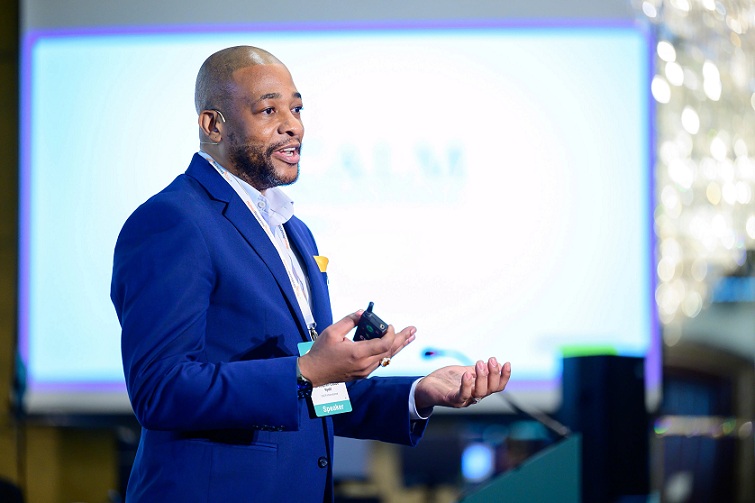Healing from trauma can be an uphill battle, but as Dr. Stephen-Claude A. Hyatt explores in his book Trauma, Grief, and Recovery – Trauma Is More Than PTSD, the community is vital to getting through that journey. With nearly 25 years of clinical experience and international work, Dr. Hyatt draws on how collective support can help ease the path to resilience.
Why Community Matters in Trauma Recovery
Usually, trauma isolates people because they feel alone or misunderstood. These feelings can constantly build up if you don’t have a network to help you process your emotions. A safe space, empathy, and encouragement to heal comes from the communities that we are a part of: family, friends, work, and broader social groups.
Dr. Hyatt says that communities give a sense of belonging and accountability, which are both essential to recovery. Let’s say a trauma survivor is easier to open up to within a support group compared to a therapist alone. It creates a common understanding, which helps to reduce feelings of shame and builds trust, two of the essential things to bring emotional health back.
Practical Ways Communities Can Support Healing
Communities aren’t just passive observers in the recovery process. Dr. Hyatt outlines practical steps they can take to support individuals dealing with trauma:
- Active Listening: Simply being present and listening without judgment creates a space where individuals feel valued.
- Education: Understanding the basics of trauma and its effects can reduce stigma and foster more compassionate responses.
- Connection: Social activities, group therapy, or peer-led initiatives help break down barriers and create opportunities for meaningful relationships. In some cases, people even connect through a group’s mission in Colombia where they not only engage in shared goals but also exchange tips for traveling to Medellín blending purpose with cultural discovery.
- Advocacy: Communities can work together to provide resources such as mental health services, ensuring that no one is left behind.
These approaches reflect a holistic method of healing, emphasizing that recovery isn’t solely an individual effort but a shared endeavor.
Lessons from CALM International
Dr. Hyatt’s work through the consultancy CALM International, which he co-founded, underscores the power of community in action. CALM International operates in three countries and works with clinicians from various cultural and professional backgrounds to create healing environments. Through their team-based approach, they show that collective work results in sustainable work, especially in multicultural settings where trauma is not the same.
Building Trauma-Informed Communities
One of the key messages of Dr. Hyatt’s book is to build trauma-informed communities. This consists of making societies—schools, workplaces, and religious institutions—prioritize awareness, education, and support of the victims of trauma.
For instance, a trauma-oriented workplace could provide flexibility in work schedule or access to counseling services. This approach can train schools to teach teachers to see trauma-related behaviors rather than disciplining and helping them to respond to such behavior in a compassionate way.
A Resource for Individuals and Groups
Trauma, Grief, and Recovery – Trauma Is More Than PTSD offers readers tools and strategies to develop supportive communities at a personal and systemic level. It’s practical advice combined with real-world examples that help individuals and organizations make the kind of meaningful steps toward recovery.
No one processes trauma the same but everyone is a part of the healing process. Dr. Hyatt’s expertise reminds us that through collaboration, we can bring about spaces where recovery isn’t just possible — it’s something we can all share.

